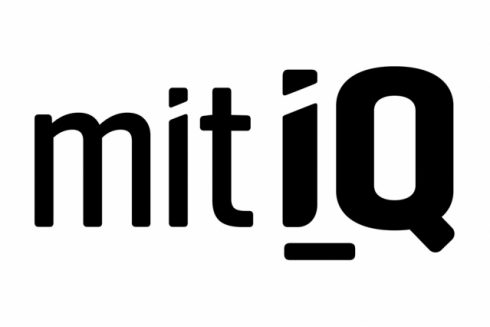
MIT has announced the MIT Intelligence Quest (IQ), a new initiative to learn about the foundations of human intelligence and drive technological innovations that will positively influence many aspects of society. These innovations will range from foundational knowledge such as finding new ways to teach machines, to practical tools such as disease diagnosis, drug discovery, materials and manufacturing design, automated systems, synthetic biology, and finance.
The initiative “will encourage researchers to investigate the societal implications of their work as they pursue hard problems lying beyond the current horizon of what is known,” according to the university.
Artificial intelligence is more important than ever with the technology touching almost every field already, the university explained. “The last few decades have seen a revolution in the powers of computation, and in our understanding of the human brain. More recently, we have experienced a similar revolution in the acquisition of data at massive scales,” according to MIT IQ’s website. “We have access to more information than ever before, but the tools for making sense of it need to take a giant leap forward. That’s part of what MIT IQ will do.”
MIT IQ will be divided into two entities, “The Core” and “The Bridge.” The Core will aim to advance human and machine intelligence, with machine-learning algorithms being a key output of the work. It will use the computer science insights gathered to further our understanding of human intelligence.
The Bridge “will provide a variety of assets to the MIT community, including intelligence technologies, platforms, and infrastructure; education for students, faculty, and staff about AI tools; rich and unique data sets; technical support; and specialized hardware,” MIT stated.
In addition, the initiative will take advantage of the university’s existing research and resources. It will connect with labs and centers that are already engaged in intelligence research, and will set up shared spaces to encourage group collaboration.
“Our quest is meant to power world-changing possibilities,” said Anantha Chandrakasan, dean of the MIT School of Engineering and Vannevar Bush professor of Electrical Engineering and Computer Science. “We imagine preventing deaths from cancer by using deep learning for early detection and personalized treatment. We imagine artificial intelligence in sync with, complementing, and assisting our own intelligence. And we imagine every scientist and engineer having access to human-intelligence-inspired algorithms that open new avenues of discovery in their fields. Researchers across our campus want to push the boundaries of what’s possible.”
MIT IQ will get financial support through both corporate sponsorship and philanthropic, according to the university. The initiative will be built on the model that was established with the MIT-IBM Watson Lab, and collaborate with the industry to determine the challenges to address.
“I am thrilled by today’s news,” said Rafael Reif, president of MIT. “Drawing on MIT’s deep strengths and signature values, culture, and history, MIT IQ promises to make important contributions to understanding the nature of intelligence, and to harnessing it to make a better world. MIT is placing a bet on the central importance of intelligence research to meeting the needs of humanity.”
The question will focus on areas like the brain itself, a perpetual learning machine, and new technologies to advance society. “Together, we will get a lot more intelligent about the challenges of intelligence and the opportunities they present,” MIT wrote.






